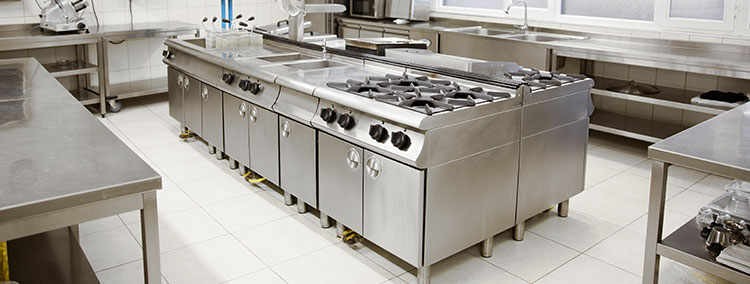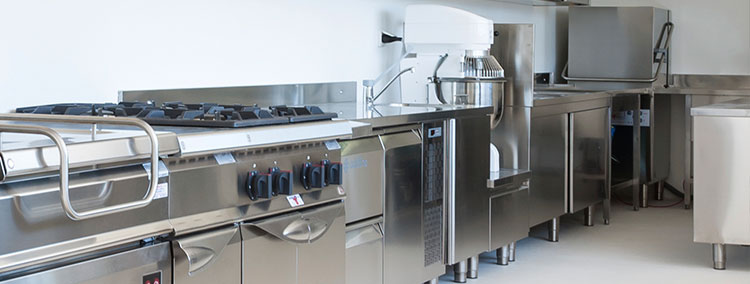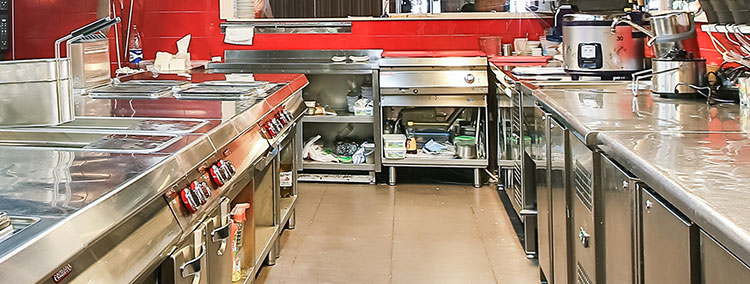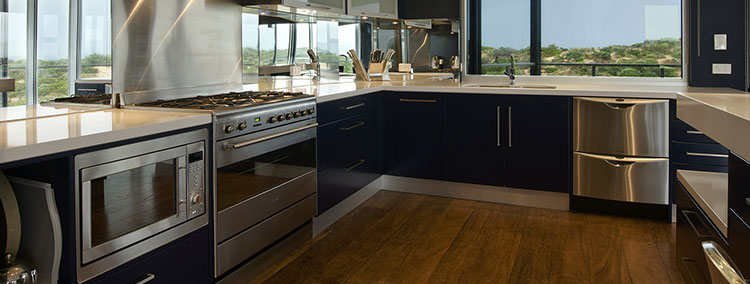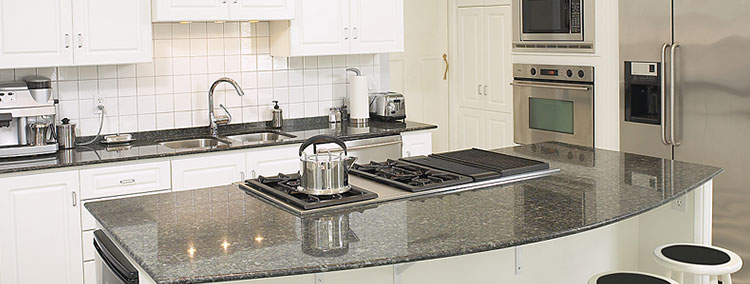Mastering dishwasher maintenance is essential for running your machine smoothly and ensuring that your dishes are always sparkling clean. Regular maintenance and timely repairs can help prevent costly breakdowns and extend the life of your dishwasher.
In this guide, we will cover some key tips and tricks for maintaining and repairing your dishwasher. Here are these tips as given by appliance repair professionals:
Clean the dishwasher
By keeping your dishwasher clean, you can prevent clogs and other common issues that can cause your machine to break down. You also prevent clogs, remove any lingering odors, and ensure that your dishes are always sparkling clean.
Start with removing large debris or food particles from the bottom of the dishwasher. You can do this using sponge or a soft brush to gently scrub the bottom of the dishwasher, making sure to remove any visible debris.
You should then remove the filters from the dishwasher and clean them thoroughly. Most dishwashers have two filters: a fine filter that traps small particles and a coarse filter that traps larger debris. Use a soft brush or a toothbrush to clean the filters, and remove any food particles or debris that may be stuck.
After cleaning the filters, run a cycle with vinegar to remove any lingering odors. You can use white vinegar or apple cider vinegar for this step. Add a cup of vinegar to the bottom of the dishwasher and run a normal cycle without any dishes. The vinegar will help remove any odors and leave your dishwasher smelling fresh and clean.
Finally, clean the exterior of your dishwasher, including the door and the control panel. Use a soft, damp cloth to wipe the exterior, removing any dirt or fingerprints gently. Be sure to avoid using harsh chemicals or abrasive cleaners, as these can damage the finish of your dishwasher.
Repair the dishwasher
When it comes to repairs, there are some common issues that you can troubleshoot and fix yourself. For example, if your dishwasher is not filling with water, you may be able to resolve the issue by checking the water supply and ensuring that it is turned on and functioning correctly. If your dishwasher is not draining properly, you can try cleaning the filters and removing any debris blocking the drain.
You can fix some of the dishwasher problems by yourself, but when you encounter more severe issues, it may be best to call a professional for help.
Besides fixing your unit when a problem comes about, you should also regularly inspect the unit as a preventative measure. During the inspections, you should inspect all parts of the appliance and fix even the smallest problem that might be there.
Besides inspecting the unit and giving you peace of mind as you know that the unit is in top working shape, it also helps you pick the problems before they come about.
Again, you can do the inspections yourself, but for the best results, let an experienced professional help you.
When hiring a repair professional, you need to be strategic in going about it.
Begin with researching and comparing different repair services. Start by gathering a list of potential repair services in your area. You can ask friends or family members for recommendations, or search online for reviews and ratings. Be sure to compare prices, services offered, and customer satisfaction ratings to make an informed decision.
You should then verify the technician’s credentials and experience. It’s important to hire a skilled and experienced technician to repair your dishwasher. Ask about the technician’s credentials, training, and expertise to ensure they can handle your repair.
Communicate the issue. Before the technician arrives, gather as much information as possible about the problem with your dishwasher. This may include error codes, the make and model of your dishwasher, and any symptoms you have observed. You can help the technician diagnose and fix the problem more quickly and efficiently by providing precise and detailed information.
Ask about the repair process and cost. Before the technician begins the repair, ask about the steps involved in the process and the estimated repair cost. This will help you understand the scope of the repair and prepare for any potential expenses.
Parting shot
Mastering dishwasher maintenance is essential for running your machine smoothly and ensuring that your dishes are always sparkling clean. Regular cleaning and maintenance and timely repairs can help prevent costly breakdowns and extend the life of your dishwasher.
When hiring a dishwasher repair Fairfax professional, hire the most experienced.
